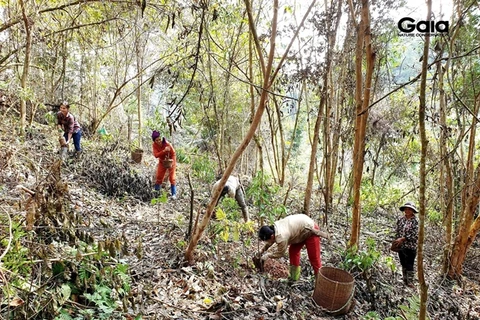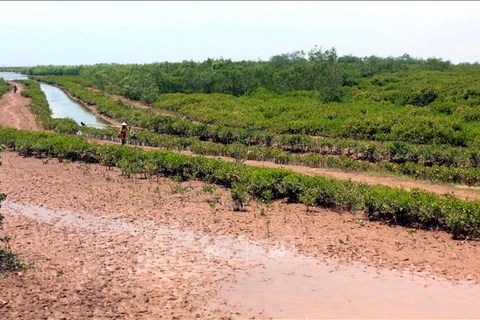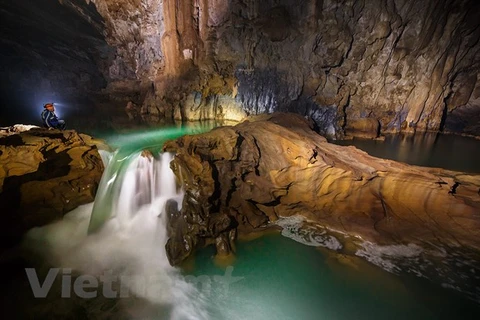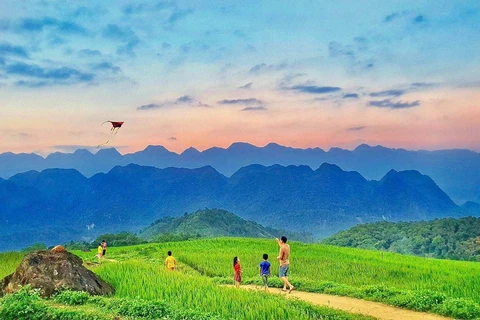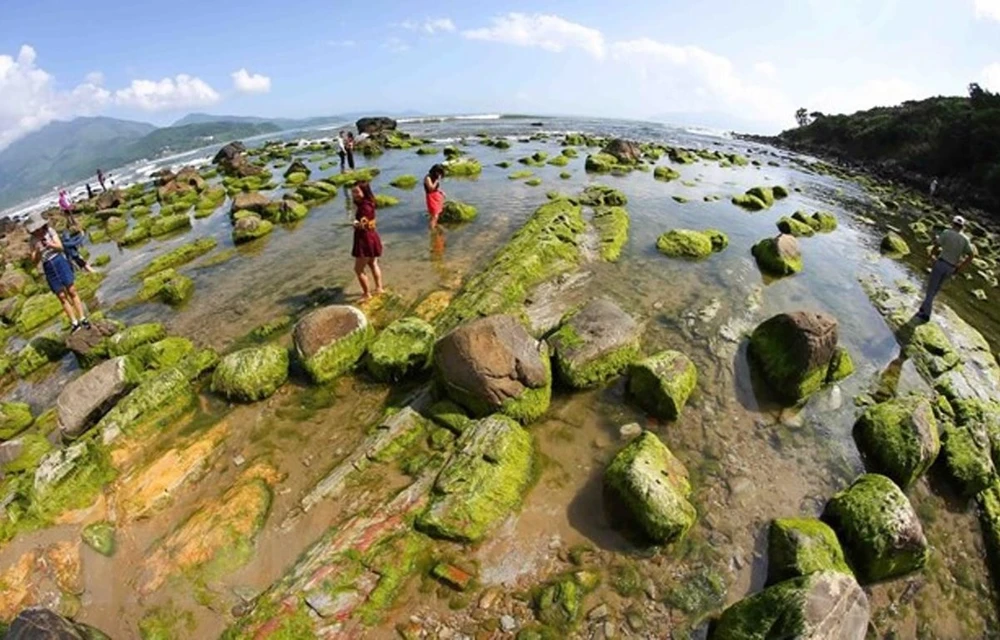
Hanoi (VNA) – A slew of activities will be carried out across the nation in response to the World Water Day (March 22), World Meteorological Day (March 23), and Earth Hour 2021 campaign (March 26).
World Water Day, held on 22 March every year since 1993, focuses on the importance of freshwater.
World Water Day honors water and raises awareness of the 2.2 billion people living without access to safe water. It is about taking action to tackle the global water crisis. A core focus of World Water Day is to support the achievement of Sustainable Development Goal 6: Water and sanitation for all by 2030.
Theme of this year’s World Water Day is about what water means to people, it's true value and how people can better protect this vital resource. The value of water is about much more than its price – water has enormous and complex value for our households, culture, health, education, economics and the integrity of our natural environment. If these values are overlooked, people could risk mismanaging this finite, irreplaceable resource.
World Meteorological Day takes place every year on 23 March and commemorates the day the Convention establishing the World Meteorological Organization (WMO) came into force, 23 March 1950.
The World Meteorological Day theme - The ocean, our climate and weather – celebrates WMO’s focus in connecting the ocean, climate and weather within the Earth System. It also marks the starting year of the United Nations Decade of Ocean Science for Sustainable Development (2021-2030). The Decade galvanizes efforts to gather ocean science – through innovative and transformative ideas - as the basis of information to support sustainable development. WMO, as the United Nations agency specialized for climate, weather and water, strives to support the understanding of the inextricable link between ocean, climate and weather.
Meanwhile, the Earth Hour 2021 campaign, initiated by the World Wide Fund for Nature (WWF) with the theme “Speak up for nature”, will take place in Vietnam on March 27 evening to raise public awareness of the relationship between human activities in the natural world and the causes of epidemics and pandemics, especially COVID-19.
Jointly organised by the WWF, the Ministry of Natural Resources and Environment (MoNRE), and the Ministry of Industry and Trade, the event also aims to encourage initiatives on community building and promoting sustainable economic development and integration with nature, protecting biodiversity, and effectively responding to climate change.
The campaign in Vietnam this year will focus on communications activities via social networks.
MoNRE has called for action by each individual and organisation to reduce the burden on the environment by rejecting, minimising, reusing, and recycling waste, especially plastic waste and disposable plastic products; using environment-friendly public transport; investing in energy-saving equipment; and turning off or unplugging not-in-use devices and encouraging the use of renewable energy.
To contribute to Earth Hour in 2021, MoNRE proposed agencies, organisations, and individuals across Vietnam “turn off lights and unnecessary electrical equipment” from 8.30pm to 9.30pm on March 27.
Starting as a symbolic “lights out” event in Sydney in 2007, Earth Hour has grown to become one of the world’s largest grassroots movements for the sake of the environment. It has inspired and empowered individuals, communities, businesses, and organisations in 190 countries and territories to take action on climate change and environmental loss.
Earth Hour was first organised by WWF in Vietnam in 2009. Since 2012, the campaign has been held annually to bring people together to reduce the impact of climate change and protect the environment.
Most recently, the MoNRE has sent a document to ministries, agencies and localities to implement practical activities in response to the three important events.
They should strengthen communication works to highlight the values of water, ocean, climate as well as the significance of natural disaster prevention and control.
The ministry also suggested building of works and facilities in the field of water resource, biodiversity preservation and environmental protection so as to better serve socio-economic development, and improve livelihoods for locals, particularly those in mountainous and island areas./.

